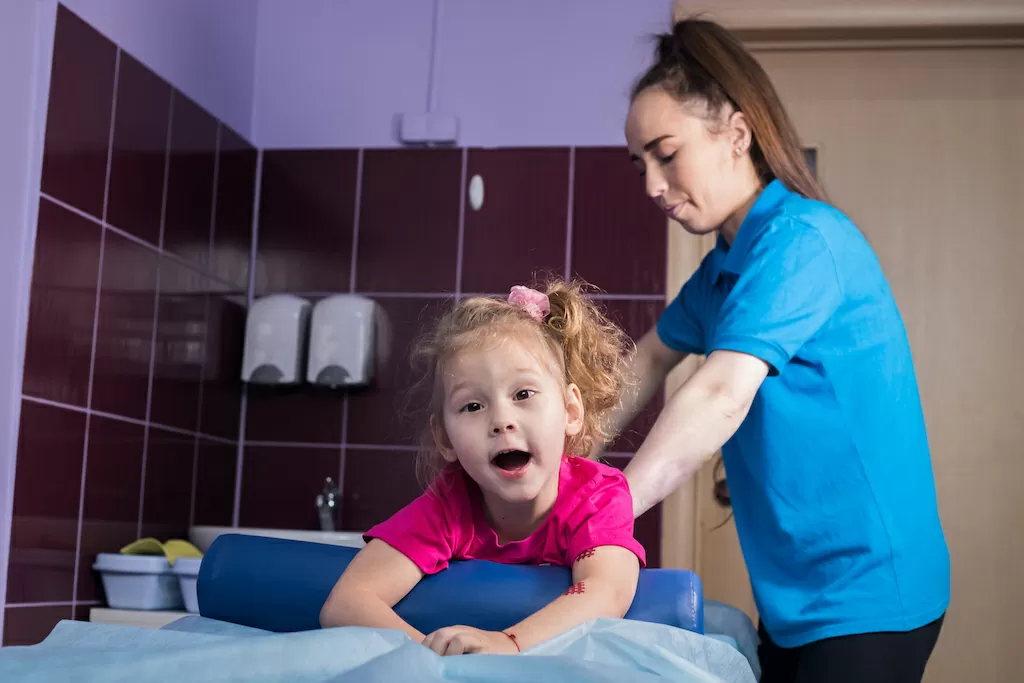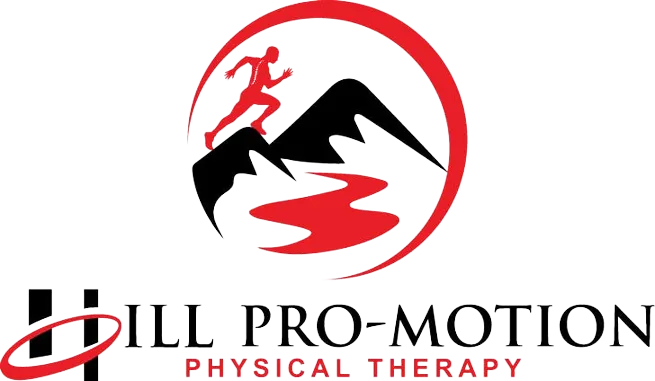Total Motion Release In Lee’s Summit

History of Total Motion Release
TMR was developed by physical therapist Tom Delanzo-Baker, who saw a definite need to incorporate data into a patient’s home program. With this approach, the physical therapists could document patient response and see which exercises were the most beneficial. It starts with isolating the “issue of the session.” Then, FAB5 motions are compared right to left and ranked in order of significance. Next, exercises are performed to balance both sides using sustained holds and repetitions. Everything is recorded, so needed changes can be made. While traditional thinking is that to strengthen the weak side you must exercise the weak side, that’s not so with TMR. It’s just the opposite. Since the body is a unified system, pain and movement in one area may be affected by another area.
- TMR is an innovative, patient-centered approach that can be helpful in treating a wide variety of musculoskeletal dysfunction, such as stiffness, restrictions in motion of joints and weakness. It releases restrictions that typically contribute to:
- Degenerative discs
- Arthritis
- Muscle strains
- Tendonitis
- Ligament sprains
- Neck and back pain
Benefits of Total Motion Release in Lee’s Summit
One of the main advantages of TMR over traditional therapy approaches is that it teaches you how to fix yourself, no matter where the pain is. This therapy looks at movement patterns to determine where restrictions are, and it uses good movement patterns to improve faulty ones. The bottom line is that you’re only using comfortable motions instead of painful ones. No equipment is needed. You can apply the motion, again and again, to make the pain go away. It puts you in control of the pain. You can learn TMR from a physical therapist or even group sessions.
TMR allows the body to re-align and heal naturally. It provides almost immediate relief to those nagging pains and aches. It’s a lifetime tool that can be used again and again. Even children with cerebral palsy and other motor function disorders can benefit from TMR. Physical therapists use a modified form of TMR tailored to each individual child. It’s a painless treatment to bring the trunk and head into better alignment. Therapists also teach parents and caregivers how to use this technique to help their children. Both the young and the old can benefit from TMR.
Long-term results are also what make this technique so great. It tests the five largest joints in the body-the spine, shoulders, hips, knees, and ankles using only six motions. Keep in mind that the body wants to be in balance. If you have any pain or tightness with these tests, it means that other parts of your body are being overused or are compensating. For example, you may have a restricted mid back because it doesn’t move the neck. Both the low back and neck could be overused and result in pain in those areas. When you improve the hip and back motion, you just feel better.
If you’d like to learn more about TMR, be sure to contact us. Our physical therapists are knowledgeable, skilled and experienced in this technique.


